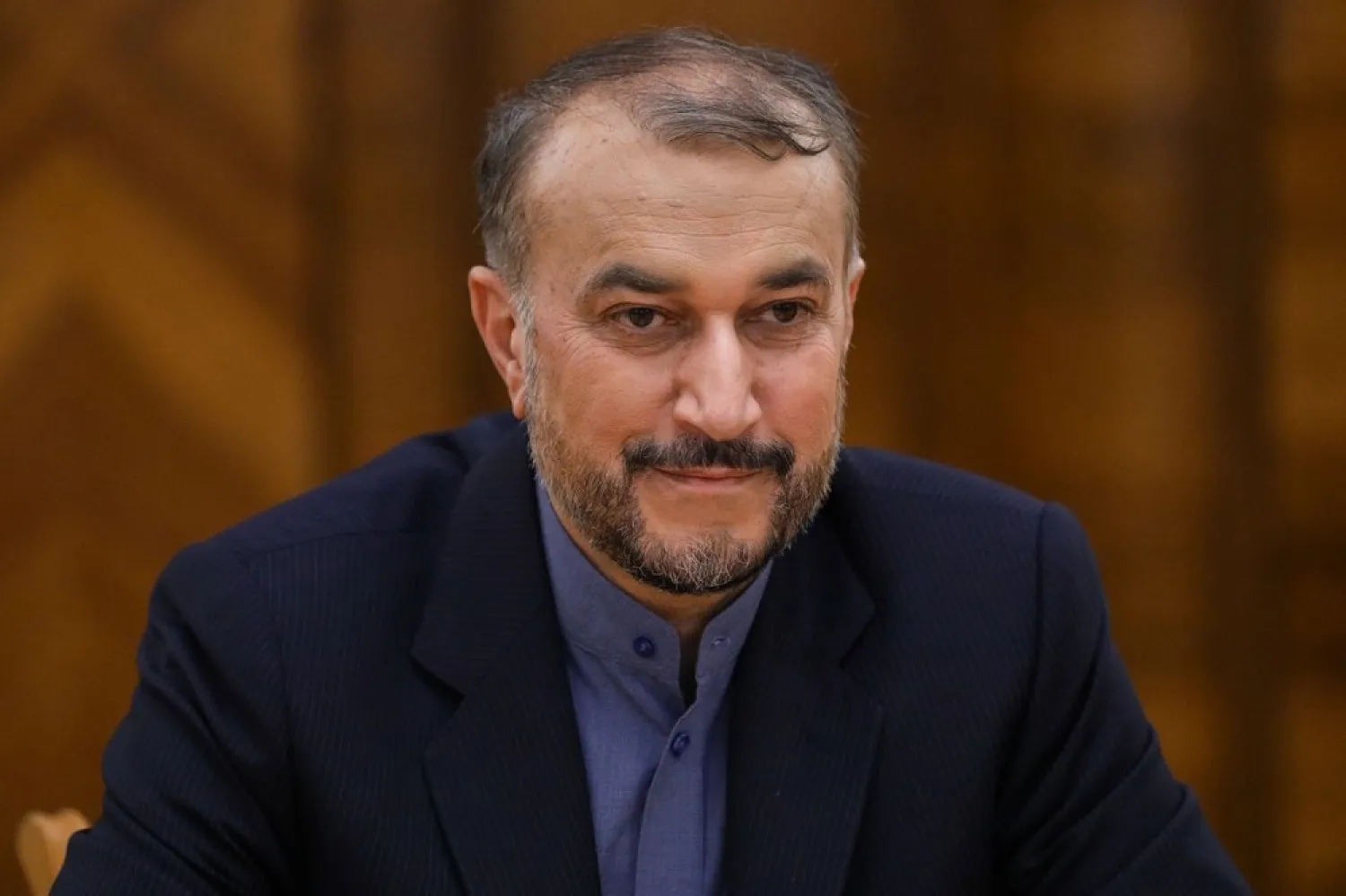Iran on Wednesday urged Western powers to be "realistic" in talks to revive a 2015 nuclear deal and said its top negotiator was returning to Tehran for consultations, suggesting a breakthrough in its discussions is not imminent.
After 10 months of talks in Vienna, progress has been made toward the restoration of the pact to curb Tehran's nuclear program in exchange for sanctions relief, but both Tehran and Washington have cautioned that still there are some significant differences to overcome.
"Nuclear talks in Vienna are reaching a sensitive and important point," Iranian Foreign Minister Hossein Amirabdollahian told a news conference with his Omani counterpart in Tehran.
"We wonder whether the Western side can adopt a realistic approach to go through the remaining points of the talks."
Reuters reported last week that a US-Iranian deal was taking shape in Vienna to revive the pact, abandoned in 2018 by then-US President Donald Trump, who also reimposed extensive sanctions on Iran.
A draft text of the agreement alluded only vaguely to other issues, diplomats said, adding that what was meant was unfreezing billions of dollars in Iranian funds in South Korean banks, and the release of Western prisoners held in Iran.
Diplomats from parties involved in the negotiations have said they have entered a crucial stage, with a Russian envoy saying on Tuesday that the discussions are nearing a conclusion.
Sources close to the negotiations have said a prisoner swap between Iran and the United States was expected soon.
However, an Iranian Foreign Ministry announcement that top negotiator Ali Bagheri Kani was returning to Tehran for "a short trip" suggested an agreement was not impending.
The 2015 deal between Iran and world powers limited Tehran's enrichment of uranium to make it harder for it to develop material for nuclear weapons, if it chose to, in return for a lifting of international sanctions against Tehran.
An Iranian official in Tehran told Reuters that "if the talks collapse, Washington will be responsible for it and also for its consequences."
Amirabdollahian said Iran had underlined to the European Union's top diplomat, Josep Borrell, during this month's annual Munich Security Conference that Tehran would never cross its red lines during negotiations.
The main remaining disputes appear to include the extent of sanctions rollbacks and questions about uranium traces found at several old but undeclared sites in Iran.
Iran has made clear it wants an end to the oil and banking sanctions crippling the economy, while insisting also on the lifting of human rights- and terrorism-related curbs.
"There has been very good progress in the talks but now the ball is in the other party's court. It is time for the other party's political decisions. Our country's fate is not linked to this deal," said the Iranian official.
Although the other parties to the accord -- Britain, China, France, Germany and Russia -- have shuttled between the two sides to close gaps, diplomats said it is ultimately Iran and the United States that have the power to make or break a deal.









